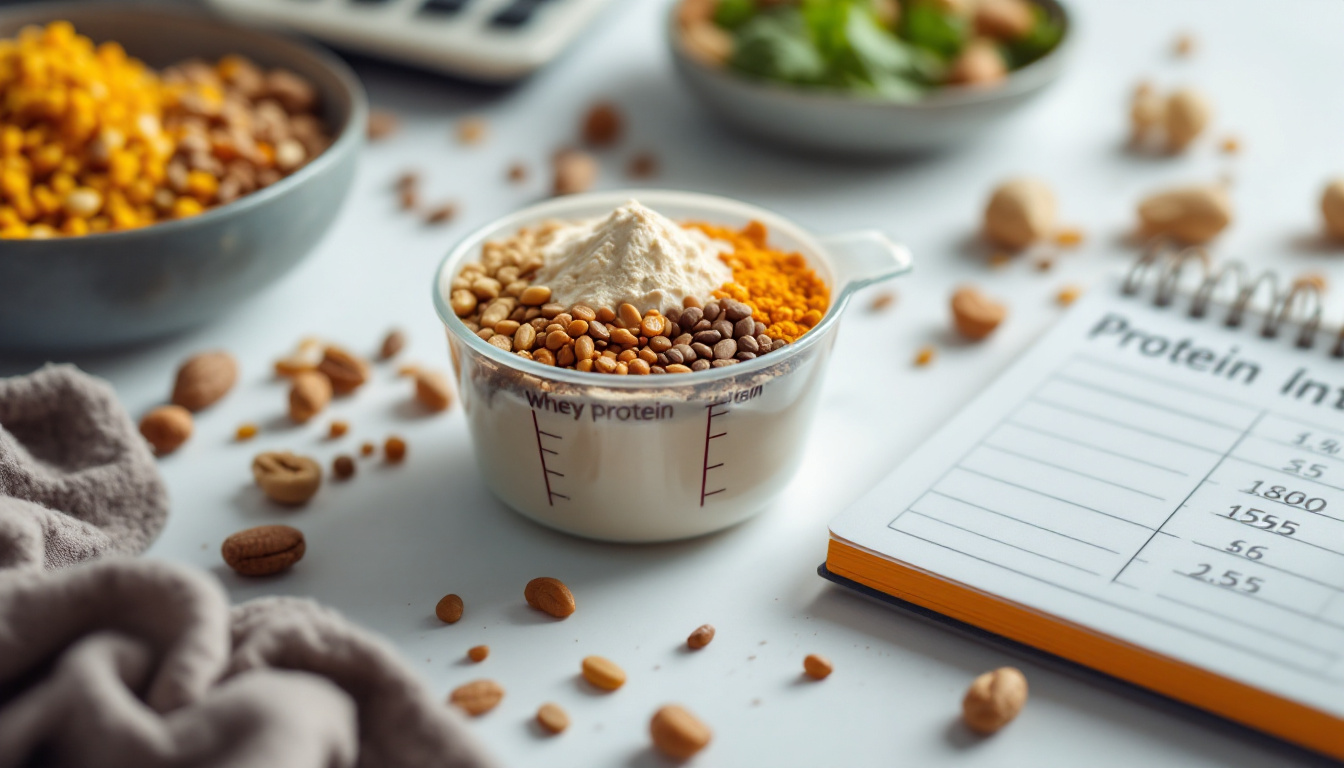When it comes to post-workout nutrition, protein often takes center stage. You might immediately think of protein shakes, chicken breasts, or even a handful of almonds. These are the staples of the fitness world, known for their muscle-repairing prowess.
But wait—there's more to the protein story than just these common sources. The timing, type, and amount of protein you consume can significantly impact your recovery and muscle growth.
Understanding Protein's Role in Recovery
Quick science lesson: When you exercise, especially during resistance training, you create tiny tears in your muscle fibers. Protein helps repair these tears, leading to muscle growth and increased strength. This process is known as muscle protein synthesis.
The Science Behind Muscle Protein Synthesis
Muscle protein synthesis is the body's way of repairing and building muscle tissue. It occurs when amino acids, the building blocks of protein, are used to repair muscle fibers. This process is crucial for recovery and growth. It's during this phase that your muscles rebuild stronger. Consuming protein after a workout provides the necessary amino acids to kickstart this process.
Why Timing Matters
Timing is everything. Consuming protein shortly after your workout can maximize muscle protein synthesis. The anabolic window, or the period post-exercise when your body is primed for nutrient absorption, is typically within 30 minutes to two hours.
During this window, your muscles are more receptive to nutrients, making it an ideal time to consume protein. This doesn't mean you need to rush to the nearest protein shake, but being mindful of your post-workout nutrition can enhance your results.
How Much Protein Do You Really Need?
Determining the right amount of protein can be tricky. It depends on various factors, including your body weight, workout intensity, and fitness goals. However, a general guideline is to consume 0.14 to 0.23 grams of protein per pound of body weight after a workout.

Calculating Your Protein Needs
Let's break it down: If you weigh 150 pounds, you should aim for approximately 21 to 35 grams of protein post-exercise. This range provides enough amino acids to support muscle repair and growth.
It's not just about the quantity but also the quality of protein. Opt for high-quality sources that provide all essential amino acids.
High-Quality Protein Sources
Not all proteins are created equal. Complete proteins contain all nine essential amino acids, which are vital for muscle repair. Animal-based proteins like chicken, fish, and eggs are complete proteins. Plant-based options include quinoa, soy, and chia seeds.
Incorporating a variety of protein sources into your diet to ensure you're getting a balanced intake of amino acids. Diversity in your protein sources can enhance your overall nutrient profile.
Incorporating Protein into Your Post-Workout Routine
Easy: Just add a serving of protein to your post-workout meal or snack. This could be a protein shake, a chicken salad, or a bowl of Greek yogurt with nuts. The key is to make it convenient and enjoyable.
Simple Post-Workout Protein Ideas
Here are some quick and easy options:
- A protein shake with whey or plant-based protein powder.
- Grilled chicken breast with a side of quinoa.
- Greek yogurt topped with berries and almonds.
- A smoothie with spinach, banana, and a scoop of protein powder.
These options not only provide protein but also offer a mix of carbohydrates and fats, which are essential for recovery.
Customizing Your Protein Intake
Remember, your protein needs may vary based on your individual goals and lifestyle. If you're aiming for muscle gain, you might need more protein. If you're focusing on endurance, your carbohydrate intake might take precedence.
Conclusion: The Power of Protein
Protein is a vital component of post-workout recovery. By understanding its role, timing your intake, and choosing high-quality sources, you can optimize your muscle repair and growth. Whether you're a seasoned athlete or a fitness enthusiast, protein should be a staple in your post-exercise routine.




